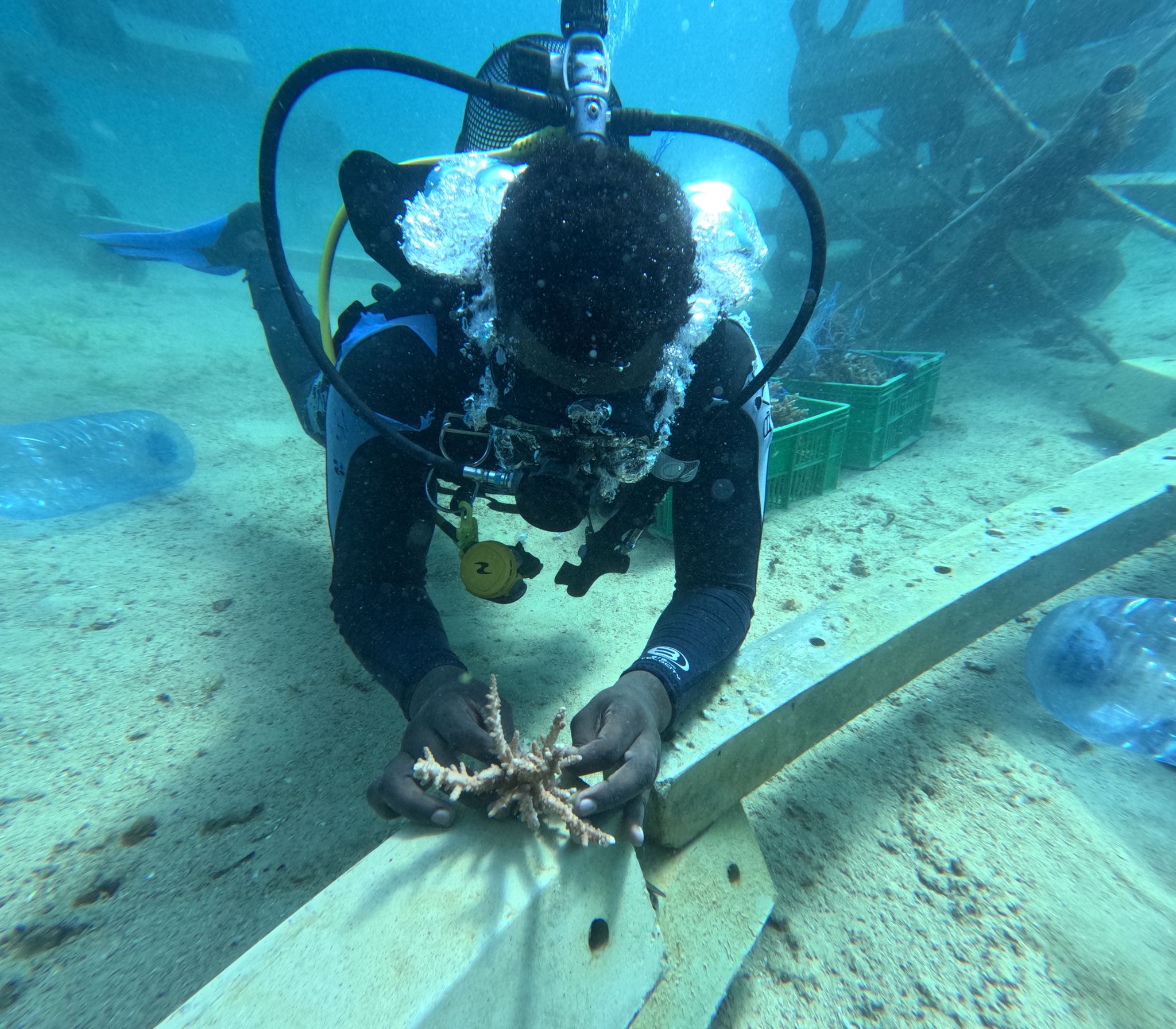


7.jpg)

%202.jpeg)





2222.jpg)
4.jpg)



We carefully and continuously curate projects around the globe that bring back nature. Select a cause close to your heart – whether it’s reforesting lands, reviving coral reefs or clearing plastic. It's entirely up to you!
EXPLORE PROJECTSPartners receive your funds (minus the Sumthing Fee) and get to work. Via our platform, they share pictures, drone footage and videos that we validate with AI to ensure transparency and credibility. Watch your donation transform into seeds and coral fragments, and see how nature restoration starts...
Show PARTNERSThanks to you, seeds grow into forests, coral fragments evolve into large reefs, and plastic soup turns into beautiful rivers. See nature get restored before your very own eyes. Pretty cool, right? Share your results and inspire others to join the fun. We highlight each contributor, showcasing the power of each individual action. Because in the end, it’s the Sum of Things that counts.
view results

















One day, Mike, Guido and Gijs set out on a mission to do something about the way we give back to nature, and that is how Sumthing was born. Curious about the story behind nature's comeback story?
Learn more